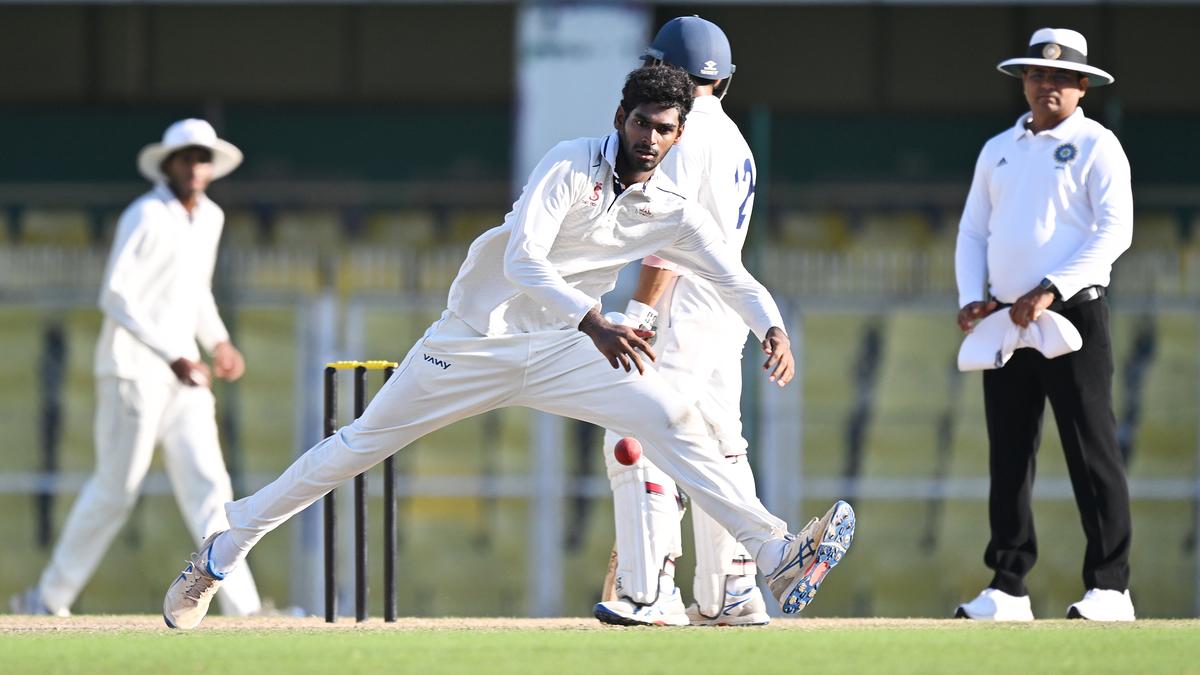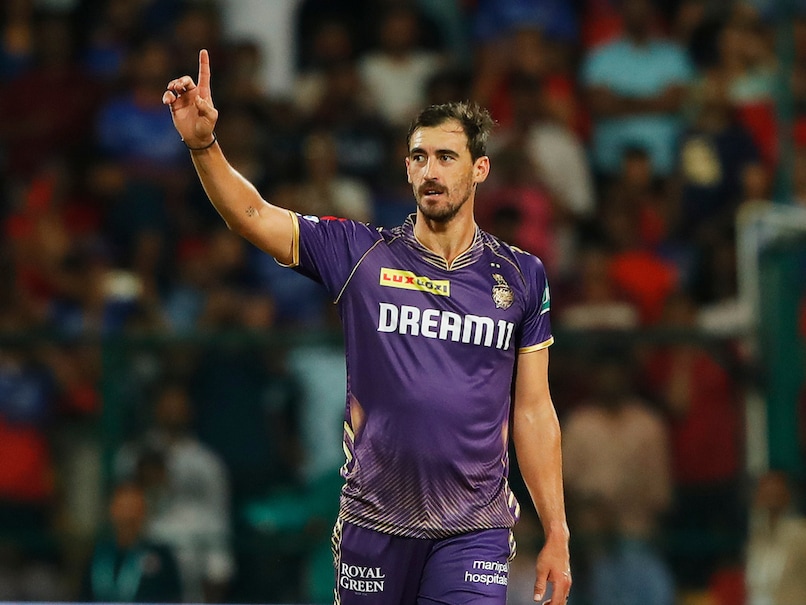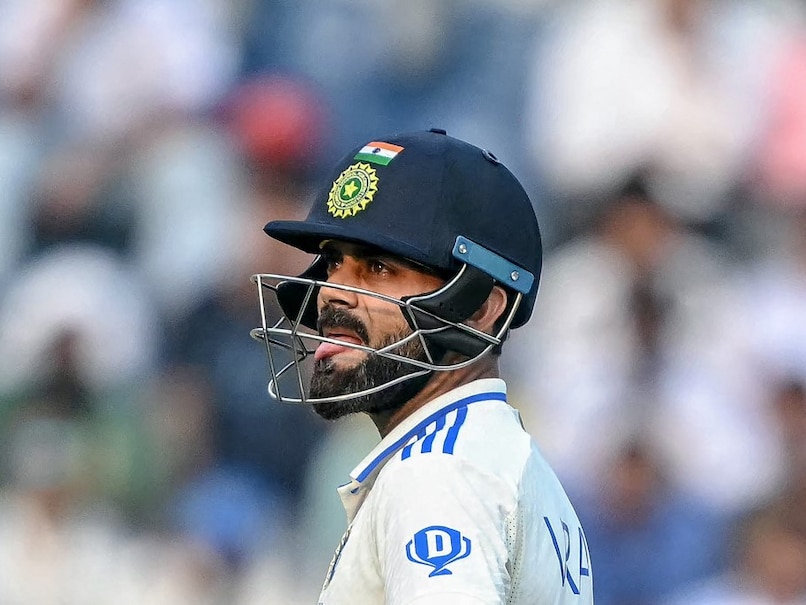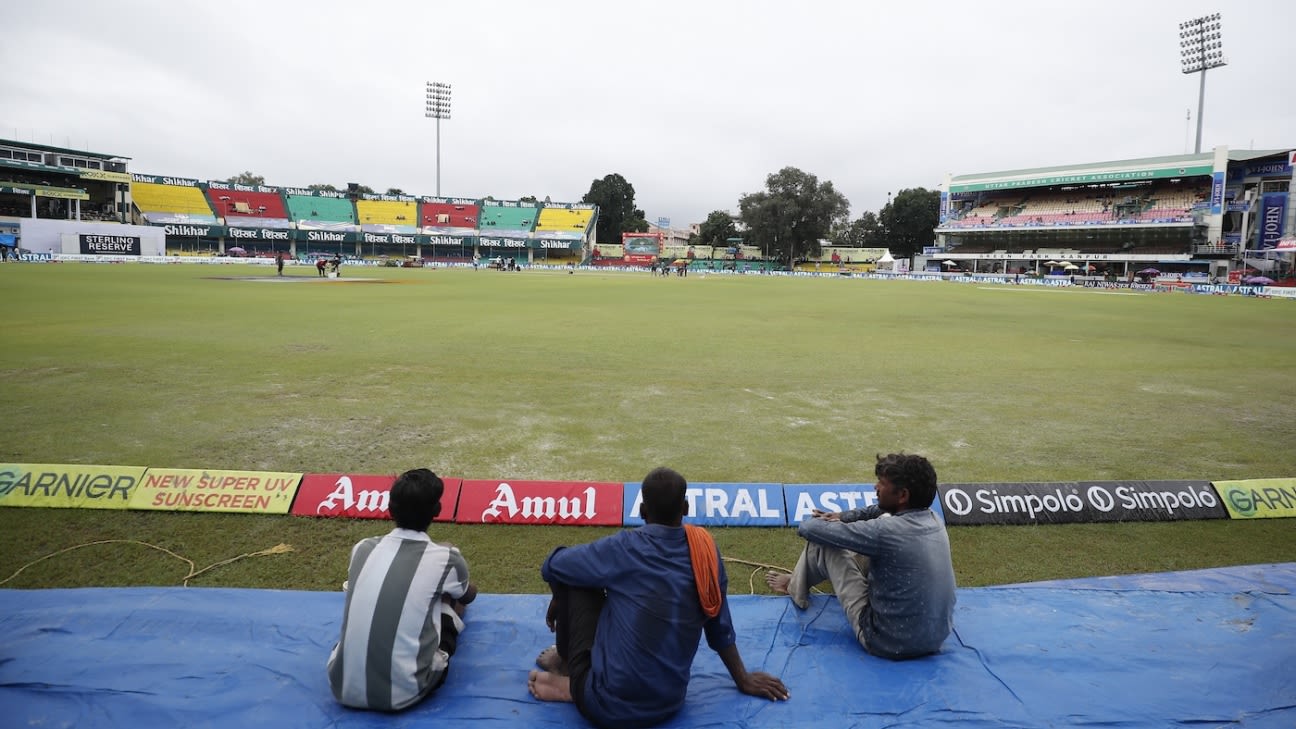The captaincy carousel in Pakistan cricket has been spinning rapidly in recent months, with Babar Azam relinquishing his leadership duties across formats after the 2023 ODI World Cup. Shaheen Afridi was initially appointed as T20I captain, while Shan Masood took over the reins in Test cricket. However, Pakistan’s disappointing 4-1 T20I series loss to New Zealand ahead of the 2024 T20 World Cup prompted a swift change, with Babar being reinstated as white-ball captain.
Former Pakistan wicketkeeper-batter Moin Khan, a member of the 1992 ODI World Cup-winning team, has expressed his disapproval of Shaheen’s removal as T20I captain, arguing that he should have been given more time.
“Shaheen Afridi has the ability to lead the team and is highly respected by the players,” Moin told Cricket Pakistan. “He is an excellent choice for captaincy in T20s. In white-ball cricket, I don’t see anyone else suitable for the role. Removing him from the captaincy was unjust. He is one of the best T20 players, and I’ve noticed his performance has slightly declined since he was removed from the captaincy. How can you expect good performance if you don’t give players confidence? They should be given some time as captain.”
Moin also weighed in on the possibility of Mohammad Rizwan replacing Babar as white-ball captain.
“A single captain can be appointed for all formats of cricket, but it’s crucial for any player to perform across all formats to achieve this,” Moin said. “Whoever becomes captain should have the responsibility for a long term. There is no doubt about Mohammad Rizwan’s abilities; any criticism against him might be due to his age. It’s also important to consider how long he can represent the team if given leadership. Mohammad Rizwan could be a great short-term captain, but you would need to groom a young cricketer to take over in the future. We often appoint captains but fail to prepare a suitable deputy.”
The captaincy debate in Pakistan cricket is likely to continue in the lead-up to the 2024 T20 World Cup, with the team seeking stability and success under a consistent leadership structure.





